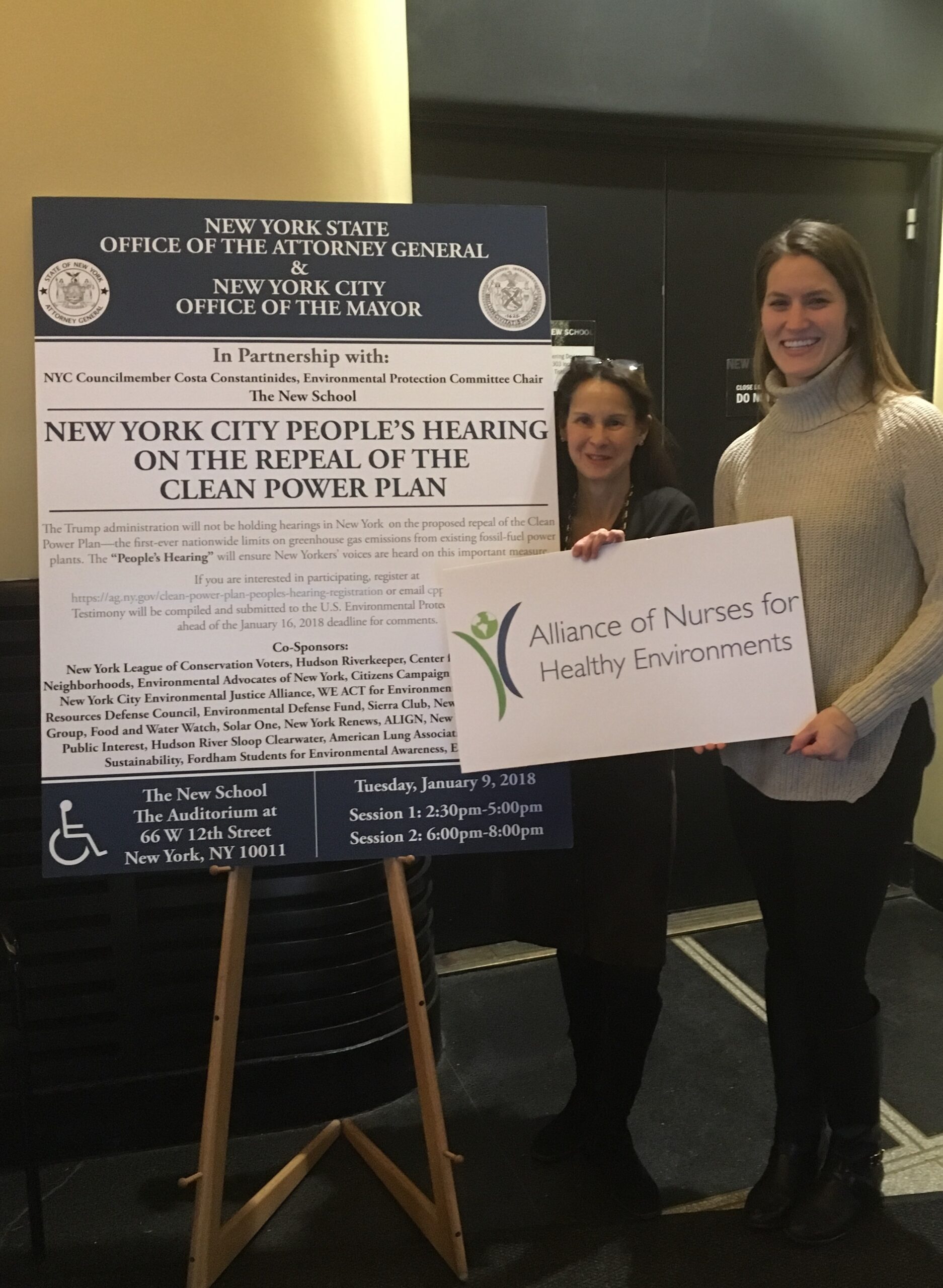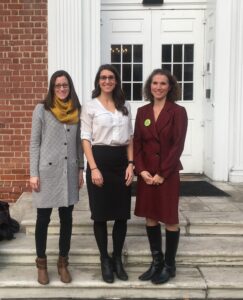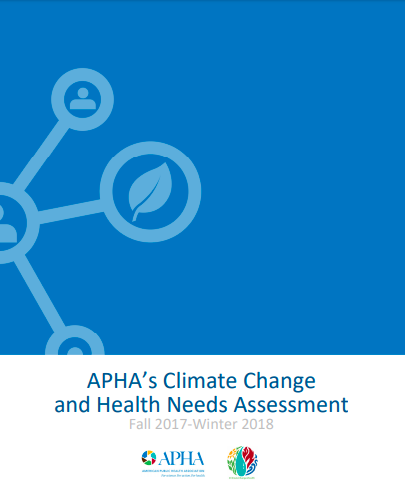 Last week nurses attended state hearings in Delaware, New York, Maryland, and Pennsylvania to express strong opposition to the U.S. Environmental Protection Agency Administrator Scott Pruitt’s proposed repeal of the Clean Power Plan. The Clean Power Plan, the country’s only national-wide limits on carbon pollution from existing fossil fuel-fired power plants, would provide critical health protections by reducing dangerous air pollution and climate-destabilizing emissions. Once fully implemented the Clean Power plan is projected to prevent 90,000 asthma attacks, 300,000 missed work and school days, and 3,600 premature deaths annually by 2030.
Last week nurses attended state hearings in Delaware, New York, Maryland, and Pennsylvania to express strong opposition to the U.S. Environmental Protection Agency Administrator Scott Pruitt’s proposed repeal of the Clean Power Plan. The Clean Power Plan, the country’s only national-wide limits on carbon pollution from existing fossil fuel-fired power plants, would provide critical health protections by reducing dangerous air pollution and climate-destabilizing emissions. Once fully implemented the Clean Power plan is projected to prevent 90,000 asthma attacks, 300,000 missed work and school days, and 3,600 premature deaths annually by 2030.

Nurses work in every community and see the impacts of environmental health policy across all populations, including clean air and climate change policy. The impacts of climate change on health that nurses are already seeing in practice include worsening of asthma and other chronic respiratory conditions from wildfire smoke exposure and poor air quality on extreme heat days; premature deaths related to air pollution and extreme weather; increases in vector-borne disease transmission and geographic expansion – such as Lyme disease and Zika; and mental health impacts resulting from extreme weather events.
Responding to climate change demands urgent and immediate action to protect the health of all Americans, especially our most vulnerable. At these hearings, nurses expressed concern on how climate change is affecting the health of the public health and the patients they care for. Nurses called on the EPA to strengthen these life saving clean air safeguards that are necessary to prevent against the harms of air pollution and climate change.

If you weren’t able to attend the hearing sessions last week there are still opportunities to take action! The EPA has announced additional listening sessions on the proposed repeal in Kansas City, MO (February 21st) , San Francisco, CA (February 28th), and Gillette, WY (March 27th). This is an opportunity for anyone to provide brief comments on the EPA’s decision. You can submit comments in support of the Clean Power Plan directly to the EPA here.




